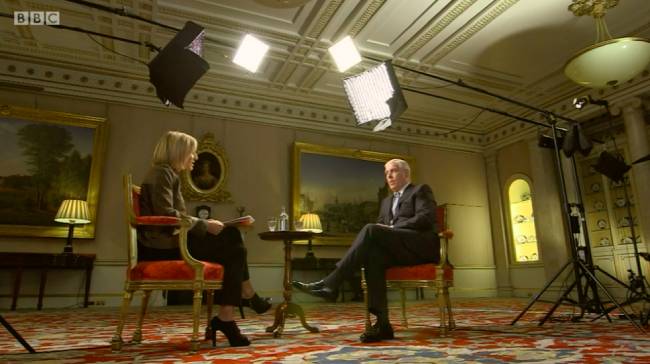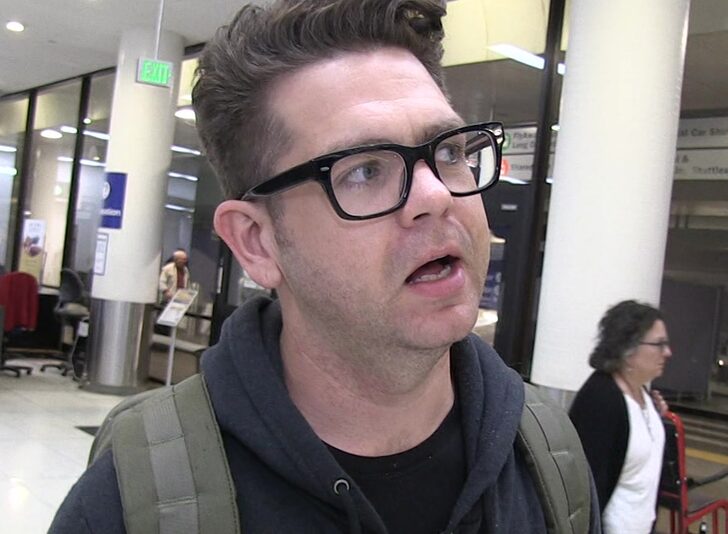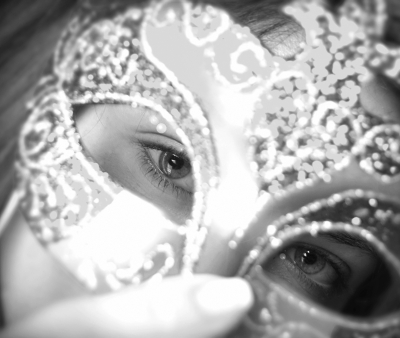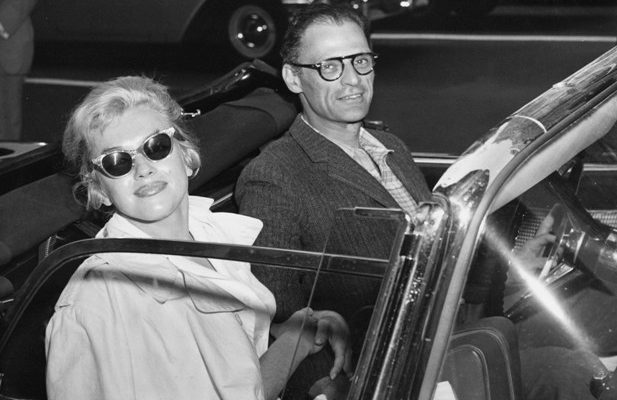Prince Andrew addresses Jeffrey Epstein scandal for first time while Sarah Ferguson publicly supports him
Prince Andrew has spoken out about his links to convicted sex offender, Jeffrey Epstein, in an interview with BBC Newsnight‘s Emily Maitlis, which was aired on Saturday night. Speaking at Buckingham Palace, the Queen’s son “categorically” denied having any sexual contact with American woman Virginia Giuffre, one of Jeffrey’s accusers, who was aged 17 at the time. The royal told Emily: “It didn’t happen. I can absolutely categorically tell you it never happened. I have no recollection of ever meeting this lady, none whatsoever.” Andrew also said that he would testify under oath if “push came to shove” and that his lawyers advised him too. Addressing Jeffrey’s attendance at Princess Beatrice’s 18th birthday party at Windsor Castle in 2006, Andrew said that he was unaware of an arrest warrant against the American financer at the time. The royal answered: “At the time, I certainly wasn’t aware when the invitation was issued, what was going on in the United States. And I wasn’t aware until the media picked up on it because he certainly never said anything about it.”
When asked if he feels regret over his relationship with Jeffrey, Andrew said that it was the wrong decision to visit him in December 2010. He said: “Do I regret the fact that he has quite obviously conducted himself in a manner unbecoming? yes.” He added that he now regrets going to stay with Jeffrey. “I stayed with him and that’s.. the bit that… as it were, I kick myself for on a daily basis because it was not something that was becoming of a member of the Royal Family and we try and uphold the highest standards and practices and I let the side down, simple as that.”
Andrew said that the allegations have been a “constant sore” in the royal family. “We all knew him, and I think that if we have a conversation about it, we are all left with the same thing, what on earth happened? Or how did he get to where he was, what did he do, how did he do it? And so it’s just a constant ghaw. I mean this first came out in 2011 and it was a surprise to all of us because the photographs were published at a separate time to when I was there, and then we sort of questioned what was going on and discussed it.”
The Duke also said that the Queen and the wider royal family have been nothing but supportive. Andrew told Emily at the end of the interview: “I think you’ve dragged out most of what is required and I’m truly grateful for the opportunity that you’ve given me to be able to discuss this with you.” The royal’s ex-wife, Sarah Ferguson, publicly shared her support for Andrew after the interview was aired. She took to Instagram to share a series of photos of him, which were accompanied by a statement. Sarah wrote: “It is so rare to meet people that are able to speak from their hearts with honesty and pure real truth, that remain steadfast and strong to their beliefs. Andrew is a true and real gentleman and is stoically steadfast to not only his duty but also his kindness and goodness of always seeing the best in people. I am deeply supportive and proud of this giant of a principled man, that dares to put his shoulder to the wind and stands firm with his sense of honour and truth.”
The mother-of-two added: “For so many years he has gone about his duties for Great Britain and The Monarch. It is time for Andrew to stand firm now, and that he has, and I am with him every step of the way and that is my honour. We have always walked tall and strong, he for me and me for him. We are the best examples of joint parenting, with both our girls and I go back to my three C’s ..Communicate, Compromise, Compassion.”
©hello magazine





